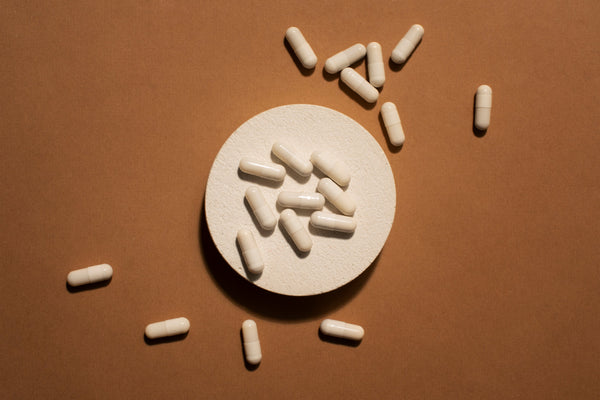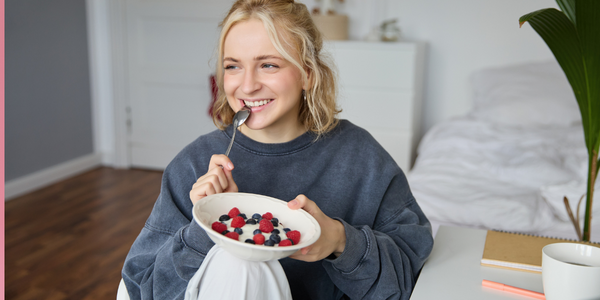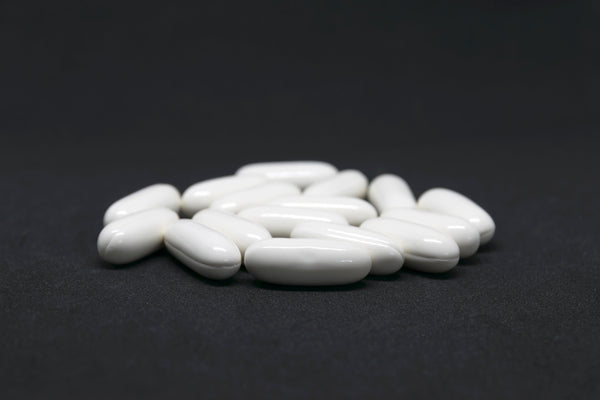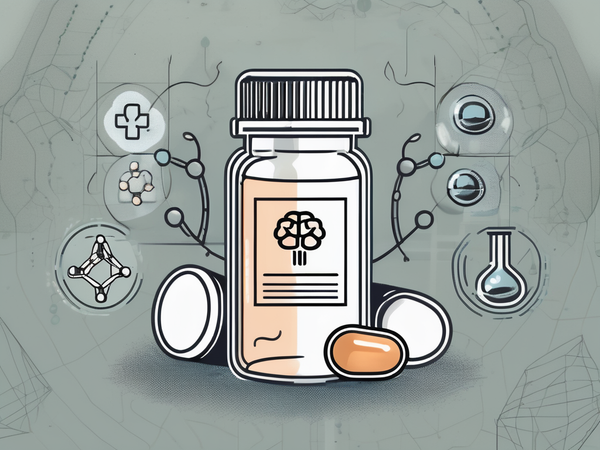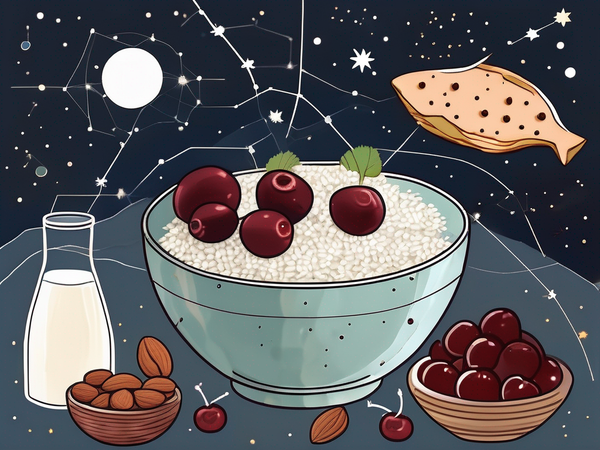Ever wondered why a cup of green tea could leave you feeling calm and relaxed after a hard day’s work? Well, the secret ingredient responsible for this is l-theanine. It makes you feel relaxed and rejuvenated, and many liken it to the state of tranquility experienced during and immediately after meditation. No wonder then that the Japanese consider drinking tea to be a spiritual, meditative act that brings in a sense of calm and contentment. But what is l-theanine and how does it help? Let us find out.
What is L-theanine and how does it work?
A water-soluble, non-protein amino acid, l-theanine is known for its calming properties. The natural sources of l-theanine are green and black tea and Bay Bolete mushrooms. It is also available in the form of capsules at many drugstores. According to research, l-theanine mediates nerve impulses in the brain. It encourages a state of wakeful relaxation without the feeling of drowsiness. Its calming effects help to improve sleep, concentration, and ease anxiety and depression.
Benefits of L-Theanine
Many people ask the question: does L-theanine make you happy? Well, research suggests that it helps to ease anxiety, increase focus, boost immunity, and reduce the risk of degenerative cognitive diseases like dementia, Alzheimer and Parkinson that adds to a person’s overall wellbeing. It helps one to feel mentally and emotionally calm, and also increases brain neurotransmitters like serotonin, dopamine, and GABA (gamma-Aminobutyric acid) levels that make you happy.
Improves sleep
L-theanine is known to lower stress and enhance relaxation whilst helping sleep in many ways. The amino acid may help people fall asleep immediately and easily at bedtime, given its ability to promote relaxation. Research shows that when l-theanine is administered between 250 mg and 400 mg to animals and humans, they experience significant sleep improvement. L-theanine may not act as a sedative, but it can induce sleep by lowering stress and anxiety and boosting relaxation.

Reduces Anxiety
L-theanine relieves stress and anxiety by enhancing the alpha brain wave activity and increasing the neurotransmitter levels, GABA (gamma-aminobutyric acid). This, in turn, raises the dopamine and serotonin levels in the brain, resulting in calming and anti-anxiety effects that further lowers your heart rate and reduces your blood pressure. Calming and reducing your anxiety levels can have a great impact if you are experiencing depression.

Increases Focus
Many people like to drink black or green tea to boost their mental focus and concentration. Some of these teas combine l-theanine and caffeine, which when consumed, gives a boost to a person’s ability to concentrate. Within 30-40 minutes of ingesting l-theanine, it triggers the alpha brain waves, which bring about a focused state of mind, keeping anxiety and stress at bay.
Boosts immunity
L-theanine is also known to equip the body to fight illnesses by building a strong immune system. Research shows that taking l-theanine decreases the risk of respiratory infections. Also known for its anti-inflammatory properties, l-theanine helps fight different illnesses.

Neuroprotective properties
L-theanine is known to protect your brain cells. Studies have shown that it has neuroprotective properties. Glutamate receptors are implicated in several neurological conditions. With its antioxidant properties, L-theanine can manage these receptors by lessening the oxidative stress that can cause damage to certain nerve cells in the brain. This way, it reduces the risk of brain degeneration and cognitive diseases such as Parkinson, dementia, and Alzheimer.
L-theanine is largely consumed in tea, but some also prefer to take it as supplements. Studies carried out for psychiatric disorders state that l-theanine’s dosage should range between 240 and 400 mg per day in intervals, especially when you are taking supplements. However, it is best to consult a doctor about the same as overconsumption could lead to potential side effects such as an upset stomach, irritability, and nausea. You can also try Wellbeing Nutrition's Sleep Melts if you find yourself unable to manage eight hours of deep sleep? melts® Restful Sleep is everything you need to get a good night's deep sleep!

- L-Theanine: A Prospective Natural Medicine (https://globalresearchonline.net/journalcontents/v41-2/21.pdf)
- Juszkiewicz A, Glapa A, Basta P, et al. The effect of L-theanine supplementation on the immune system of athletes exposed to strenuous physical exercise. J Int Soc Sports Nutr. 2019;16(1):7. Published 2019 Feb 15. doi:10.1186/s12970-019-0274-y (https://www.ncbi.nlm.nih.gov/pmc/articles/PMC6377763/)
- T. Giesbrecht, J.A. Rycroft, M.J. Rowson & E.A. De Bruin (2010) The combination of L-theanine and caffeine improves cognitive performance and increases subjective alertness, Nutritional Neuroscience, 13:6, 283-290, DOI: 10.1179/147683010X12611460764840 (https://www.tandfonline.com/doi/abs/10.1179/147683010X12611460764840)
- L-theanine, a natural constituent in tea, and its effect on
mental state (https://apjcn.nhri.org.tw/server/APJCN/17%20Suppl%201/167.pdf) - l-Theanine as a Functional Food Additive: Its Role in Disease Prevention and Health Promotion (https://www.mdpi.com/2306-5710/2/2/13/htm)













